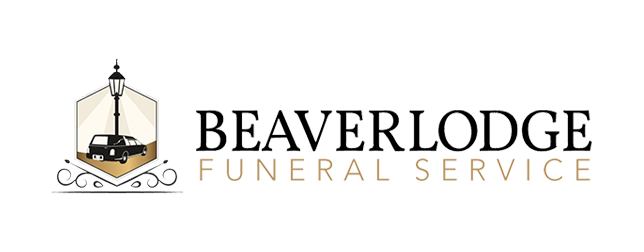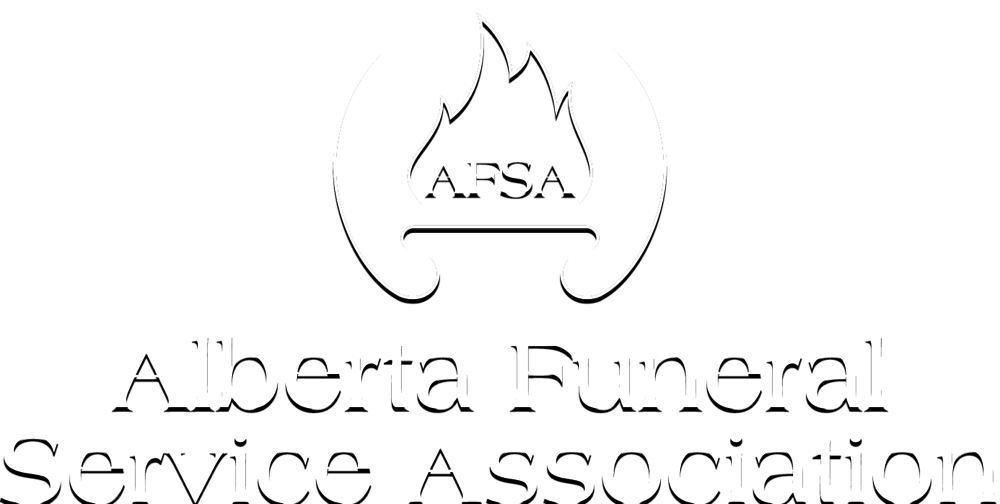
When Death Occurs
No matter if a death is sudden, or if it something that was a long time coming, the loss of a loved one makes us feel emotional and overwhelmed. No amount of preparation can fully prepare you for the loss of a loved one. When you are in a heightened emotional state, even the most basic decisions can seem staggering. The following is a rough guideline of what needs to be done within the first 24 hours after death.
When death occurs at home or a place of business
If the person was not under hospice care, the police will have to be notified immediately. The police will be dispatched to the home and place the call to the medical examiner. From there the medical examiner will take the body and determine whether further action is necessary. The medical examiner must release the body before a funeral home can do anything. If the person was under hospice care, contact the hospice representative if they were not present and they will notify family members what the proper procedures are to follow.
When a death occurs at a hospital/nursing home/hospice facility
The staff of a care facility such as a hospital or a nursing home will notify you and the necessary authorities immediately after a death has occurred. If a funeral home has been provided to the hospital or nursing home, they will be notified at the time of death. If you are present at the hospital when the funeral director arrives, they will ask a few questions about the deceased wishes and set up a time to come into the funeral home to make arrangements, however, if you are not present contact Beaverlodge Funeral Service to discuss these arrangements.
Informing a Funeral Director
Once everything has been cleared with the proper authorities, the next call you place should be to a licensed funeral director. Funeral directors are here to help you obtain a death certificate, transport the body, and in the event pre-planning was not done, select a casket/urn and arrange the funeral/memorial service. The funeral director will also help you notify the insurance company of the deceased to assist with those arrangements. Funeral directors are here to help and advise you and will work very hard to relieve the stress and logistics involved in funeral planning.
Meeting a Funeral Director
You should meet with a funeral director as soon as possible after a death to begin to make final arrangements for your loved one. Deciding on these final arrangements may seem like a very daunting task, especially when you are in heightened emotional state, but funeral home staff have years of experience dealing with these issues, and strive to ensure everything goes as smoothly as possible.
Making Arrangements
First the Funeral Director will gather information required to register the death. This includes:
- Full Legal Name and Address (physical address)
- Marital Status
- Date and City of Birth
- Social Insurance Number, Driver's Licence Number, Personal Healthcare Number
- Father’s Name, Mother’s Name (including maiden name) and their birthplaces
- Name of Spouse (if married or widowed)
- Occupation
The funeral director will also need pertinent documents required to do all the legal paperwork, those documents include:
- Beneficiary Designations
- Life Insurance Policies
- Copy of Birth Certificate
- Social Insurance Number
- Marriage Certificate (if applicable)
- Last Will
If no pre-planning has been done, necessary arrangements need to be made for the funeral service. These include:
- Scheduling the location, date and time of the visitation and funeral service
- Selecting burial or cremation
- Choosing Funeral Products
- Arranging a cemetery plot
- Preparing an obituary notice
- Scheduling transportation arrangements
A funeral director will guide you through all these steps, using your wants, needs and desires as a foundation to create a memorable funeral for your loved one. From here the funeral services can be personalized. Did your loved one have a favorite sports team? What was their favorite type of music? What activity was your loved one known best for? Recalling fond memories assists with the grieving process and will help honor the life of your loved one.
COMMUNITY EVENTS
Beaverlodge Funeral Service is proud to be a part of our community. We aim to regularly offer services, like grief support groups and healing meetings, as well as other activities. We keep this page up-to-date and are always happy to answer any questions you may have.
OBITUARIES AND TRIBUTES
We understand that it is not always possible to attend a service in person. In light of this, we've created beautiful interactive online tributes to memorialize your love one. Leave a condolence, share a memory, post a photo, light a candle, and more!
When posting a condolence or gesture onto a Tribute Page, please be advised it goes through an approval process before being published. Sorry for any inconvenience this may cause.
PRE-PLANNING
Many people plan for life events such as weddings and vacations well in advance, but many people do not plan for something that is certain to happen, their funeral. While most people do not want to think about their own mortality, the time to pre-plan your funeral is now.
IN THE HEART OF OUR COMMUNITIES



